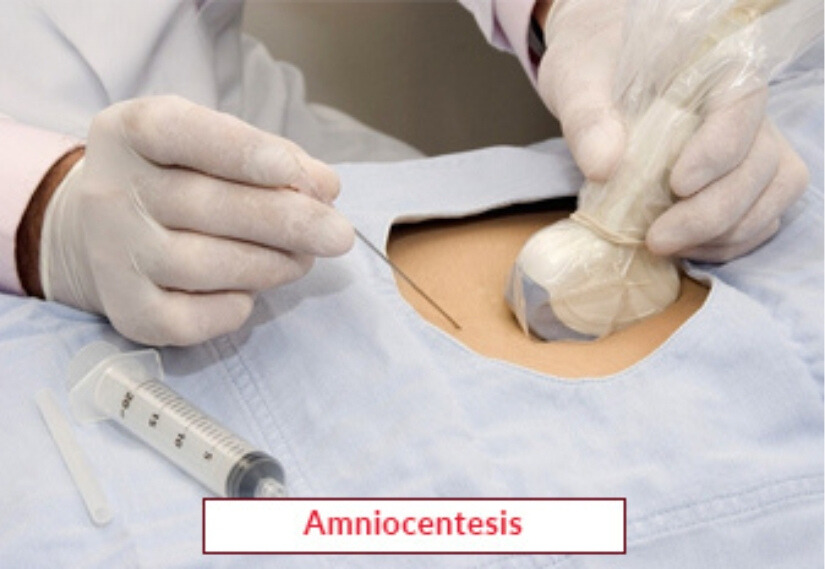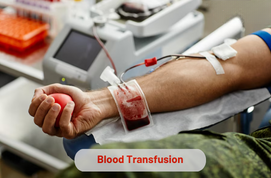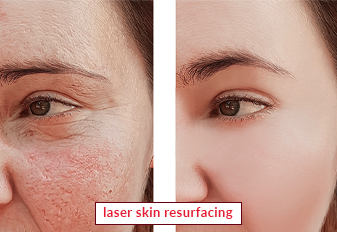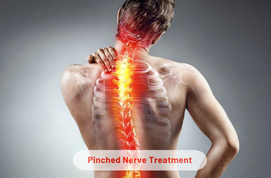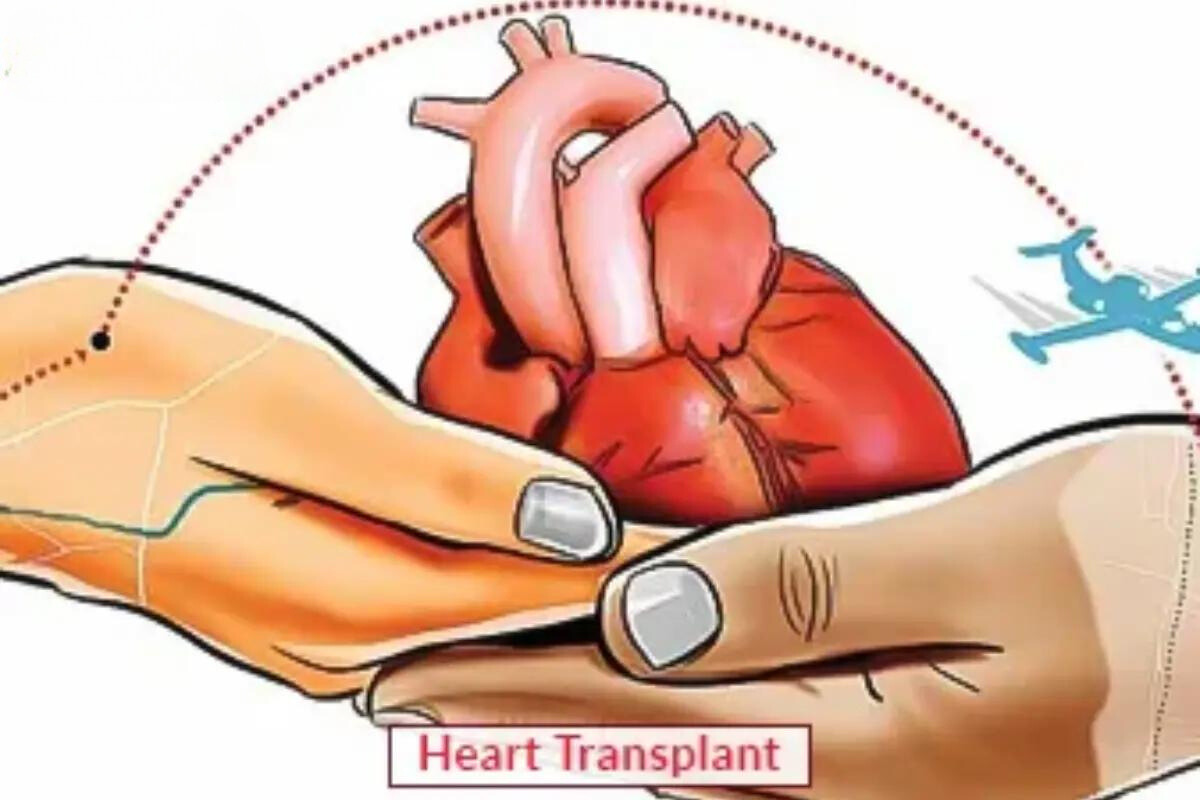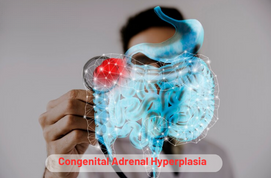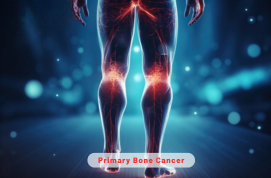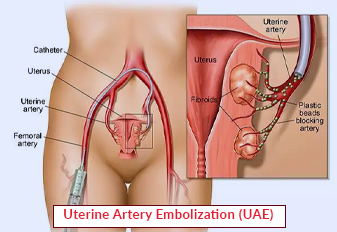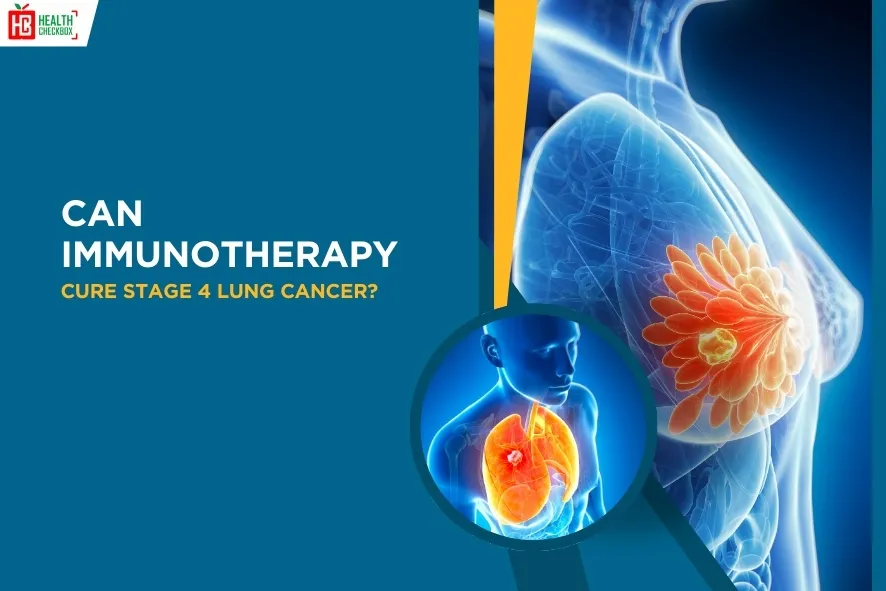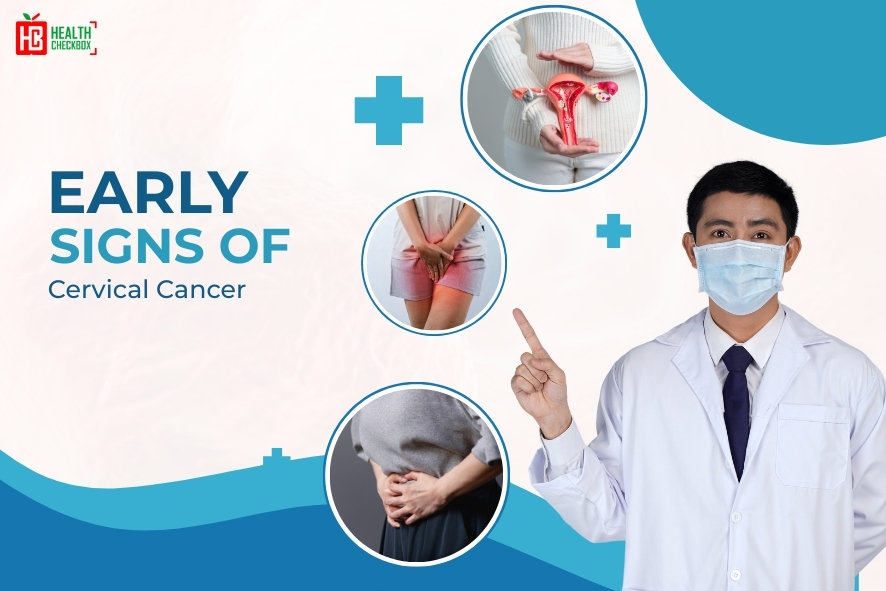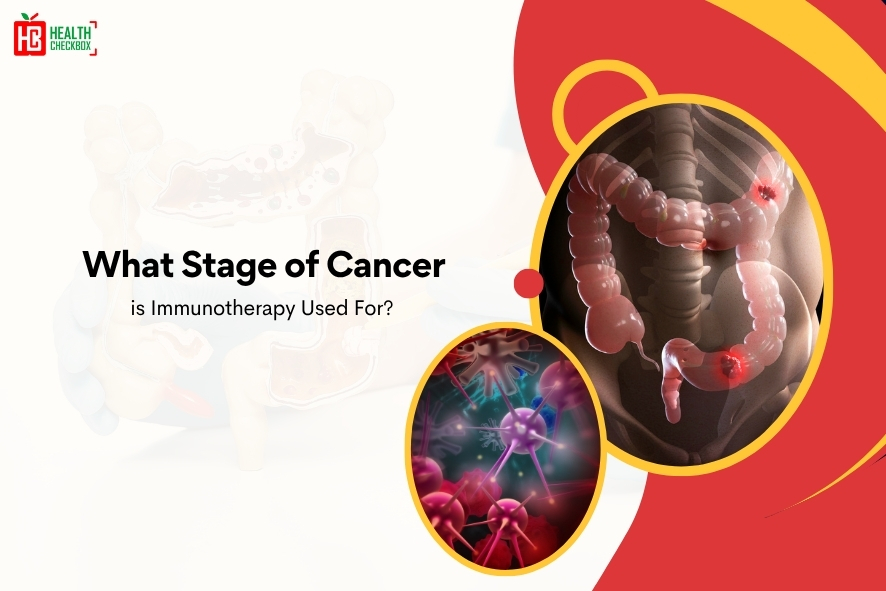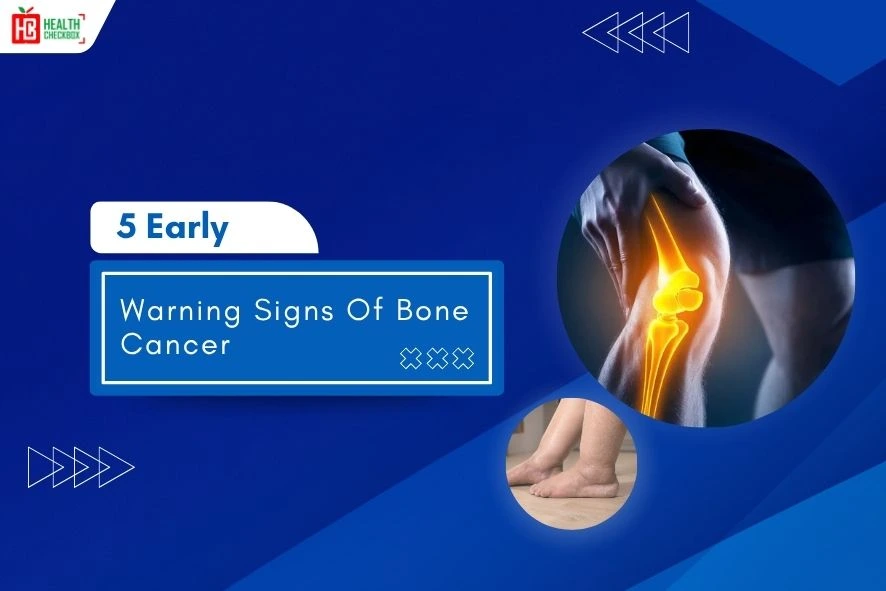Heart disease is a critical problem, which mainly occurs in older age. It occurs due to blockage of blood flow into the heart. This problem affects millions of people in the world. It troubles the heart’s function and can cause chest pain, rapid heartbeat, etc. If it is left untreated, it can cause death in men and women. Pediatric heart surgery is the best surgical procedure, which is mainly used to fix heart problems in individuals. This surgery requires a robotic device, breathing tube and other surgical instruments for the operation. It is considered as an inpatient procedure and mainly performed by cardiothoracic surgeons. Its other name is cardiovascular surgery.
Types of Heart Surgery
This surgery is of two types. These are as follows:
- Open-Heart Surgery: Some people are suggested for this treatment, when they suffer from aortic aneurysms, heart failure, etc. It can be performed as an on-pump or off-pump surgery in different medical centers.
- Robotic Heart Surgery: A surgeon uses a robotic device or other surgical instruments for this type of surgery. It is considered a minimally invasive surgery and mainly useful for managing conditions like mitral valve disease, atrial septal defect, etc.
Benefits of Pediatric Heart Surgery
This surgery has several advantages. These are as follows:
- It is a safe and effective treatment for heart patients.
- This surgery minimizes the symptoms of heart disease and enhances the flow of blood to make the heart muscles stronger.
- It also reduces death and improves the quality of life of an individual.
Risks and Complications
The complications that occur from this surgery are as follows:
- Confusion or thinking problem
- Bleeding
- Blood vessel injury
- Stroke
- Arrhythmias
- Infection in incision or inside the chest
- Anesthetic complications
- Loss of memory
- Damage in kidney, liver, heart and lungs
- Breathing problems
- Acute Kidney Injury
- Bloating
- Constipation
Procedure of Pediatric Heart Surgery
The things that can happen in the surgery are as follows:
Before Procedure
- An application form will be given to an individual in the healthcare department. It must be filled for hospital admission.
- A healthcare provider will review the medical history and perform a physical exam to identify pulse, breathing and blood pressure in men and women.
- A blood test will be conducted for the identification of an individual’s cholesterol level in the hospital.
- Some imaging tests like CT scan, MRI scan and echocardiography, are performed to determine the best heart surgery for patients easily.
- A healthcare professional performs cardiac catheterization and coronary angiography for the identification of blood vessels.
- An electrocardiogram is recommended for heart’s health in the healthcare department.
- A stress test is performed to check the proper working of the heart. It is also suggested for diagnosing coronary artery disease in individuals.
If an individual wants to prepare for the surgery, then he or she must follow certain instructions. These are as follows:
- Quit smoking tobacco and drinking alcohol.
- Avoid taking blood-thinning medication drugs.
- Stop eating and drinking for a day before the surgery.
During Procedure
The following things can happen in the medical center. These are as follows:
- A healthcare professional provides general anesthesia to a patient in which he or she may feel comfortable during the surgery.
- A surgeon creates a large or small incision depending on the type of surgery.
- An open-heart surgery can be performed through a breathing tube and a bypass machine.
- The robotic device and other surgical tools are used to perform robotic heart surgery in the hospital.
- A surgeon closes the incisions through stitches or sutures after each surgery.
After Proced0ure
A patient must spend their time in the intensive care unit for one or two days. He or she will then move to the regular hospital room to take rest in the healthcare department.
Some side effects like pain or discomfort might occur after the surgery. It is normal for all patients and will take time for proper recovery. They are suggested to avoid strenuous activities and lifting heavy objects for a few months.
What Conditions can be treated with this Surgery?
A healthcare provider recommends this surgery for the management of different health conditions. These are as follows:
- Heart failure
- Blockage in arteries and veins
- Congenital heart disease
- Angina
- Heart valve disease
- Coronary artery disease
- Heart aneurysm
- Arrhythmias or abnormal heart rhythms
This surgery is not suggested for individuals suffering from severe organ damage, physical disability, etc. They must consult with a relevant doctor for the management of these health conditions.
Our Other Services
Latest Health Tips
Can Immunotherapy Cure Stage 4 Lung Cancer?
Early Signs of Cervical Cancer
Foods that Kill Cancer: Leafy Vegetables, Grains, & More
What Stage of Cancer is Immunotherapy Used For?
Which is Worse for Cancer, Sugar or Alcohol?
Vaccines That Prevent Cancer
What Kills Cancer Cells in the Body Naturally?
Early Warning Signs of Bone Cancer
Submit Your Enquiry
Testimonials










